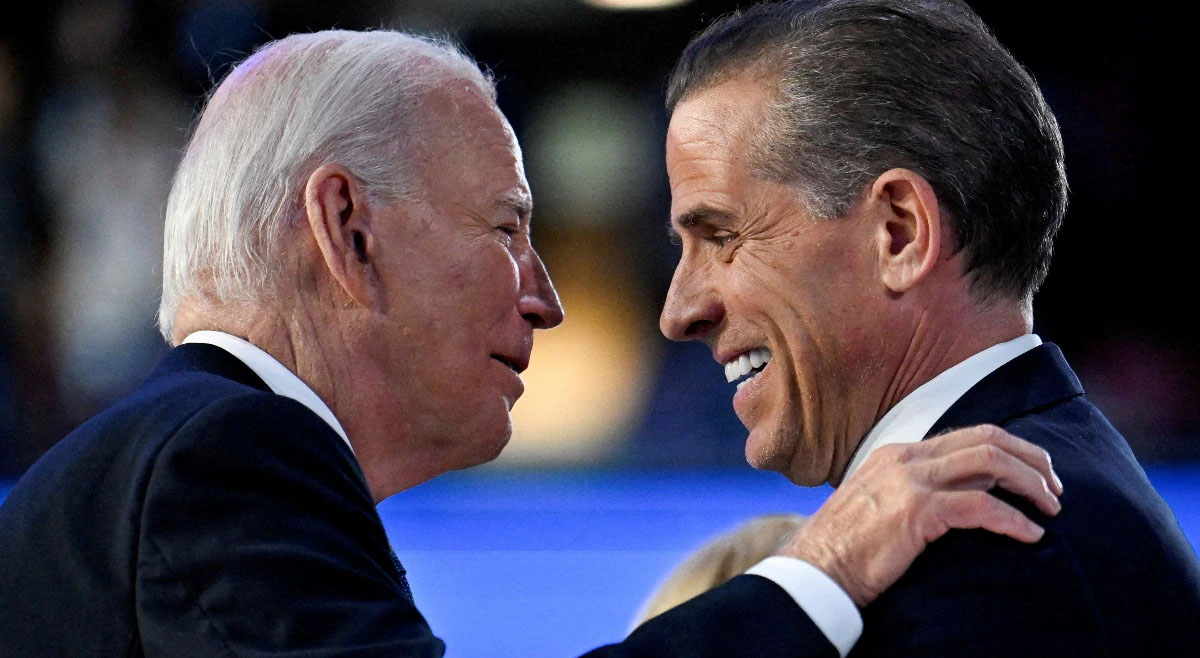
The charges against Hunter stem from a 2018 incident where he unlawfully obtained a firearm while addicted to narcotics. He was found guilty of three felony gun-related charges. Additionally, Hunter faced accusations of failing to pay $1.4 million in taxes, spending the money on a lavish lifestyle, including drugs, expensive hotels, and cars. In September, Hunter had offered to plead guilty to the tax charges.
President Biden emphasized that, typically, individuals who are late in paying taxes due to addiction face non-criminal resolutions, and those who make simple mistakes on gun purchase forms are rarely prosecuted. He pointed out that Hunter had been treated differently and described the entire legal process as being politically motivated. Biden stressed that many of the charges were brought forward due to pressure from political opponents who sought to undermine his presidency.
While Hunter had faced the first conviction of a sitting president’s child, Biden remained firm in his belief that Hunter was singled out because of his family connection. The charges carried significant penalties: up to 25 years in prison for the gun charges and 17 years for the tax charges. Hunter had been due to be sentenced later this year for the gun case.
In response to the pardon, Hunter Biden released a statement expressing his gratitude and promising to dedicate his life to helping those still struggling with addiction. He acknowledged his mistakes, adding that his addiction had been publicly exploited to shame both him and his family.
This decision marks a shift for President Biden, who had previously stated he would respect the outcomes of legal processes involving his son. In his statement, Biden asked for public understanding, explaining that, as both a father and a president, he had come to this conclusion after careful consideration.

















